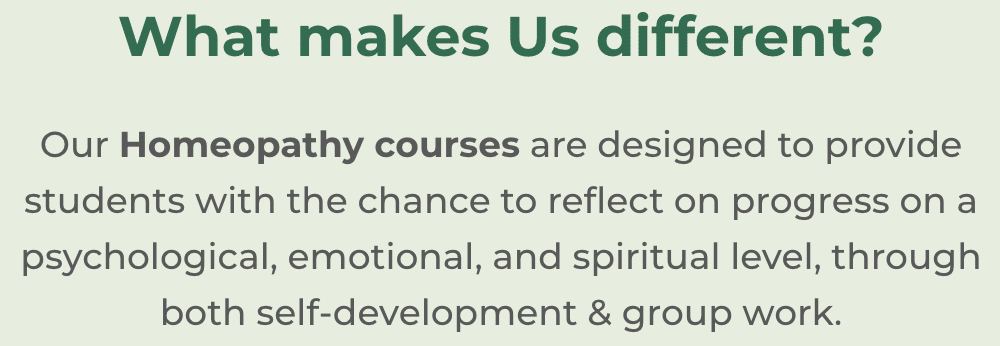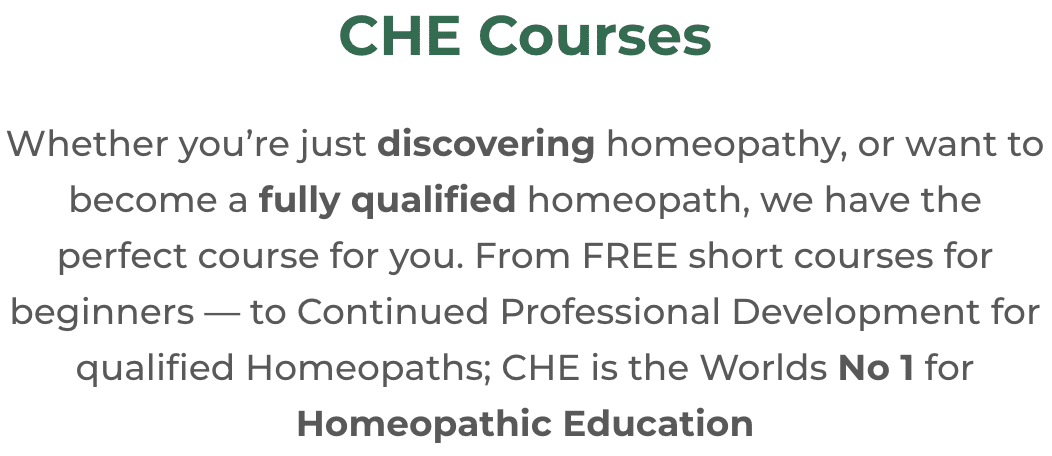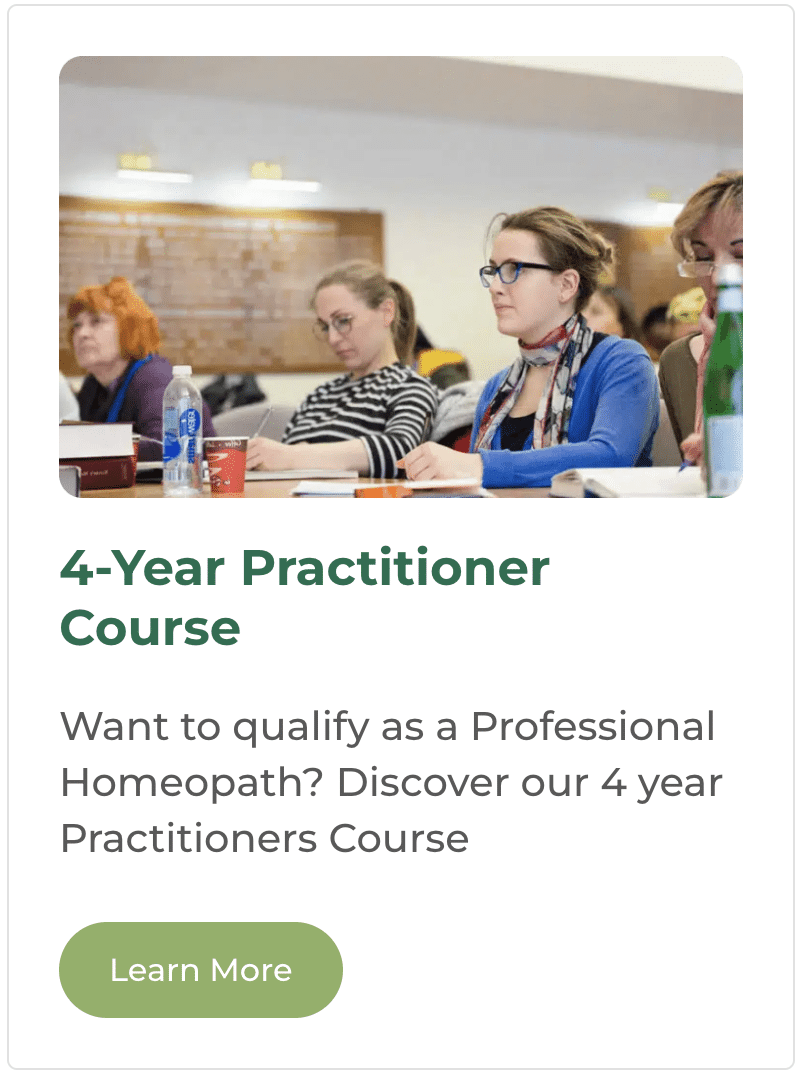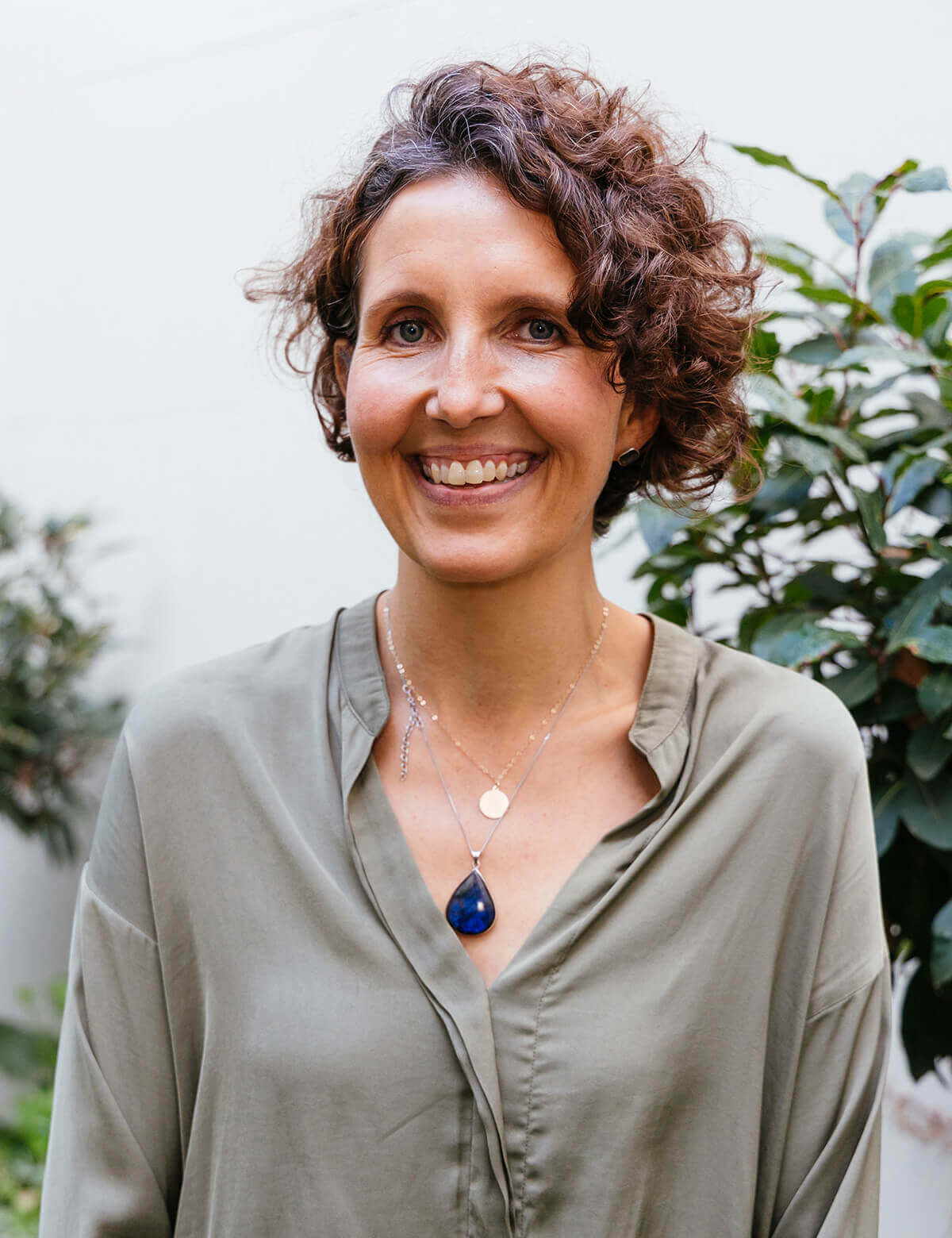Homeopath & His/Her Life
Being a homeopath is not just a profession; it’s a commitment to helping people live healthier, more balanced lives.
Welcome to the life of a homeopath, where nature’s remedies meet holistic healing! If you’re passionate about alternative medicine & eager to explore the depths of homeopathy, you’ve come to the right place.
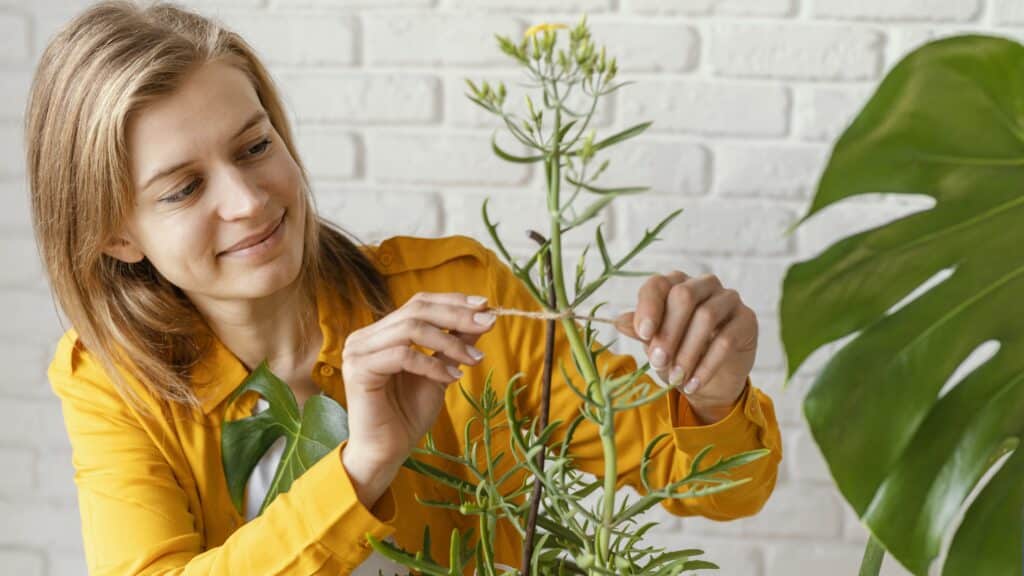
Homeopath & His/Her Life:
As a seasoned homeopath, my professional journey is marked by a unique blend of art and science, a profound understanding of the human body, and a deep respect for nature’s ability to heal.
This is a world where the healing powers of the body are harnessed, and where the individual, rather than the disease, is the focus. If you’re curious about the realm of homeopathy, you’ve come to the right place.

What Is A Homeopath?
A homeopath is a healthcare professional who practice homeopathy, a medical system founded on the principle of “like cures like.” We believe that substances that can cause symptoms in a healthy person can be used in highly diluted forms to stimulate the body’s self-healing abilities.
By taking a holistic approach to healthcare, homeopaths consider the physical, mental, and emotional aspects of a person when prescribing remedies.
Understanding The Principles Of Homeopathy
Homeopathy is built upon three fundamental principles: the law of similars, the minimum dose, and individualisation. The law of similars states that a substance that can produce symptoms in a healthy individual can be used to treat similar symptoms in a sick person.
For instance, a homeopath may prescribe a highly diluted form of Allium cepa (onion) to a patient experiencing watery eyes and a runny nose due to allergies.
The second principle, the minimum dose, involves diluting and succussing (shaking vigorously) the remedy to enhance its curative properties while minimising any potential side effects. This gentle approach ensures that the body is not overwhelmed and can effectively respond to the remedy’s healing energy.
Lastly, individualisation is at the core of homeopathic treatment. Homeopaths recognize that each person is unique and experiences health issues differently. By carefully examining the totality of symptoms and understanding the individual’s temperament, emotions, and lifestyle, a homeopath tailors the treatment to address the underlying cause of the illness.
Benefits Of Homeopathy
Homeopathy offers a myriad of benefits for individuals seeking natural and holistic healing. One of the key advantages is the gentle nature of homeopathic remedies. Unlike conventional medicines that often suppress symptoms, homeopathic remedies work with the body’s natural healing mechanisms to restore balance and vitality.
This approach aims to address the root cause of the problem rather than merely alleviating symptoms temporarily.
Another significant benefit of homeopathy is its safety. Homeopathic remedies are highly diluted and prepared in a way that minimizes potential toxicity. They are non-addictive and do not interact with other medications, making them suitable for people of all ages, including infants, pregnant women, and the elderly.
Homeopathy also emphasizes the importance of individual care. By considering the physical, mental, and emotional aspects of a person, a homeopath can provide personalized treatment tailored to the unique needs of each individual.
This comprehensive approach fosters a deeper understanding of the patient’s health and helps achieve long-lasting results.

A Day In The Life Of A Homeopath
A typical day for me starts with a hot cup of herbal tea, followed by an overview of my appointments for the day. Each consultation is a unique experience, a journey into understanding the person’s physical, emotional, and mental state.
The first consultation with a new patient can take up to two hours. This is when I gather a detailed history of their health issues, lifestyle, personal habits, and even their fears and dreams.
The goal is to understand the person as a whole and identify the unique aspects of their symptoms. This is essential because in homeopathy, the treatment is tailored to the individual, not just the disease.
After the consultation, it’s time for research and analysis. I sift through the information, looking for patterns and connections that could guide me to the most suitable homeopathic remedy.
Case Study: Homeopathy In Action
Let’s look at a real-life example to illustrate the process. Jane, a 35-year-old woman, came to me suffering from recurrent migraines. Conventional treatments had provided little relief, and the side effects were making her miserable.
During our first consultation, I noticed Jane was a highly organized person, almost to the point of obsession. She also mentioned feeling overwhelmed at work and a constant fear of not meeting expectations. From a homeopathic perspective, I understood that her migraines were not isolated incidents.
They were linked to her overall mental and emotional state. The stress, the fear of failure, and her perfectionist tendencies were manifesting physically as migraines.
After careful consideration, I prescribed a homeopathic remedy derived from Argentum nitricum, a substance known to help people who experience physical symptoms from anticipatory anxiety and are prone to perfectionism.
Over the next few weeks, Jane reported a significant decrease in the frequency and severity of her migraines. She also noticed an improvement in her anxiety levels and an increased ability to handle stress.
This is the power of homeopathy – it treats the person as a whole, not just isolated symptoms.
The Homeopath's Commitment To Continued Learning
The journey of a homeopath does not stop after prescribing a remedy. Follow-up consultations, adjusting the remedies and doses as per the patient’s response, and staying up-to-date with research and advancements in the field are all part of the job.
Homeopathy is a vast ocean, with remedies derived from plants, minerals, animals, and even imponderables like sunlight and magnetism. The learning never stops, and that’s one of the things that keeps me passionate and excited about my work.
You could take a qualification recognised by one of the professional organisations for homeopathy. You could start by doing a short introductory course to make sure a career in homeopathy is right for you. You could then move on to a professional training course where you can learn homeopathic treatments or medical treatments that are used for different health conditions.
You’ll also get to learn about alternative medicines, homeopathic medicines and homeopathic drugs to treat health conditions of different types.
The Role Of A Homeopath: Nurturing Health & Wellness
As a homeopath, my primary role is to nurture health and wellness in individuals through the practice of homeopathy. I believe in the body’s innate ability to heal itself, and my aim is to support and stimulate that healing process.
Homeopaths provide holistic care by considering the physical, mental, and emotional aspects of each person. By building a trusting and compassionate relationship with my patients, I create a safe space for them to share their concerns and experiences, allowing me to develop tailored treatment plans that address the underlying cause of their health issues.
The Principles Of Homeopathy: Like Cures Like
At the core of homeopathy lies the principle of “like cures like.” This principle suggests that a substance that can produce symptoms in a healthy individual can be used in highly diluted forms to treat similar symptoms in a sick person.
For instance, if a person is experiencing insomnia, a homeopath may prescribe a highly diluted form of Coffea cruda (coffee), as coffee is known to cause sleeplessness. By introducing a similar energetic pattern into the body, homeopathy stimulates the body’s vital force and triggers its self-healing mechanisms.
Online forums and discussion boards provide a space for you to ask questions, seek guidance, and receive support from both peers and instructors. This sense of community fosters a positive learning environment that encourages growth and collaboration.

The Benefits Of Homeopathy: Gentle & Personalised Healing
One of the remarkable benefits of homeopathy is its gentle approach to healing. Unlike conventional medicine, which often suppresses symptoms, homeopathic remedies work in harmony with the body, stimulating its natural healing processes.
The highly diluted nature of homeopathic remedies ensures their safety and minimizes the risk of side effects. This makes homeopathy suitable for individuals of all ages, including infants, pregnant women, and the elderly.
Furthermore, homeopathy places great emphasis on individualization. Each person is unique, and their experiences of illness and symptoms are personal.
By considering the totality of symptoms, as well as the individual’s temperament, emotions, and lifestyle, homeopaths tailor treatment plans to address the underlying cause of the illness. This personalized approach not only leads to effective results but also fosters a deeper understanding of the patient’s health and well-being.
Embracing Homeopathy: A Journey Of Discovery
Embarking on the path of homeopathy is an exciting journey of self-discovery and healing. By choosing homeopathy, you are embracing a natural and holistic approach to healthcare that has been practiced for centuries.
As an expert homeopath, I am here to guide you on this journey and help you unlock the tremendous potential for well-being that homeopathy offers. So, let’s delve deeper into the art of homeopathy and understand how it harnesses nature’s healing power.
The Art Of Homeopathic Remedies: Harnessing Nature's Healing Power
Homeopathic remedies are derived from various sources, including plants, minerals, and even certain animal substances. These substances undergo a process of dilution and succussion, which enhances their energetic properties while minimizing any potential toxicity.
It’s important to note that homeopathic remedies are not selected based on their chemical composition but rather on their energetic resonance with the individual’s symptoms.
The highly diluted nature of homeopathic remedies may raise questions among skeptics. However, it’s crucial to understand that during the preparation process, the vital essence of the original substance is imprinted upon the remedy.
This energy is believed to interact with the body’s vital force, stimulating its inherent healing mechanisms and restoring balance.
A complementary therapy means you can use it alongside your conventional medical treatment. It may help you to feel better and cope better with your cancer and treatment. An alternative therapy is generally used instead of conventional medical treatment.
If you’re thinking about trying these alternative treatments, talk to your doctor. They can make sure they’re safe and won’t interact with any other medications you’re taking. National Center for Complementary and Integrative Health: “Homeopathy.”

Homeopathy & Holistic Health: Nurturing Body, Mind & Spirit
Homeopathy encompasses a holistic approach to health, recognizing the interconnectedness of the body, mind, and spirit. A homeopath takes into account not only the physical symptoms but also the emotional and mental aspects of a person. This comprehensive understanding allows for a deeper analysis of the underlying imbalances that contribute to the individual’s health issues.
In a homeopathic consultation, we explore not only the symptoms but also the person’s emotional state, lifestyle factors, and past medical history. This holistic assessment helps us identify the underlying causes of illness and select the most appropriate remedies to initiate the healing process at all levels.
Many websites might promote homeopathy as a cancer treatment. But no reputable scientific cancer organisations support any of these claims. Check with your doctor before you start using homeopathic medicine.
What do we know about the safety of homeopathic products? Some products labeled as homeopathic may contain substantial amounts of active ingredients and could cause side effects and drug interactions. What Is Homeopathy? Homeopathy, also known as homeopathic medicine, is a medical system that was developed in Germany more than 200 years ago.
What Are the Risks? The FDA oversees homeopathic remedies. But it doesn’t check to see if they’re safe or effective. In general, most are so watered down that they don’t cause any side effects. But there are exceptions.
Homeopathic medicines can contain a large amount of an active ingredient, like a heavy metal, that can be dangerous. If you have a long lasting (chronic) condition, they may suggest you go back a few times. Your homeopath may ask you to keep a record of any changes in your symptoms or condition. You can buy homeopathic remedies over the counter.
They are available at the chemist or in health food shops. Homeopathic medicines are not licensed. So, the chemist will not tailor these remedies for you. You can also buy homeopathic remedies over the internet. But keep in mind there is no guarantee that you will receive the correct remedy. Or that it will be of good quality.
If you have a long lasting (chronic) condition, they may suggest you go back a few times. Your homeopath may ask you to keep a record of any changes in your symptoms or condition. You can buy homeopathic remedies over the counter. They are available at the chemist or in health food shops. Homeopathic medicines are not licensed.
So, the chemist will not tailor these remedies for you. You can also buy homeopathic remedies over the internet. But keep in mind there is no guarantee that you will receive the correct remedy. Or that it will be of good quality.
What are the regulation issues? There’s no legal regulation of homeopathic practitioners in the UK. This means that anyone can practise as a homeopath, even if they have no qualifications or experience. Voluntary regulation aims to protect patient safety, but it doesn’t mean there’s scientific evidence that a treatment is effective.
Is homeopathy safe? Homeopathic remedies are for you. You can also buy homeopathic remedies over the internet. But keep in mind there is no guarantee that you will receive the correct remedy. Or that it will be of good quality.
Finding a homeopath Choose a qualified and reputable homeopath. No single professional organisation regulates homeopathic practitioners in the UK. They can join several associations. There is no law to say that they must do so. But most trained homeopaths belong to one of the professional organisations.
People who choose homeopathy may put their health at risk if they reject or delay treatments for which there is good evidence for safety and effectiveness. People who are considering whether to use homeopathy should first get advice from a registered health practitioner. Those people who choose to use homeopathy should tell their doctor and keep taking any prescribed treatments.
Homeopaths say they aim to treat the whole person, taking into account personality, lifestyle and hereditary factors, as well as the history of the disease. Since all people are unique, homeopathic medicines are prescribed to treat individuals.
The effectiveness of homeopathy is yet to be proven by medical science. There is no such thing as a homeopathic vaccine, and homeopathic medicines are not a replacement for conventional medical treatment of serious diseases or infections.
Career Path & Progression
Most homeopaths are self-employed. Some practice homeopathy alongside another career or healthcare role while building up a client base big enough to open their own practice.
You could: do additional training in other complimentary therapies to add to the range of treatments you can offer move into teaching homeopathic courses use your knowledge and a homeopathy qualification accredited by the Faculty of Homeopathy.
There are two types of training in this instance: Foundation (LFHom) – for healthcare professionals wanting to understand the basic principles of homeopathy MFHom – advanced-level training, which allows healthcare professionals to practice homeopathy alongside their existing treatments.
Courses are taught at a number of locations in the UK and overseas. Once qualified, it’s recommended that you register with one of the main registering bodies: Alliance of Registered Homeopaths (ARH) and British Homeopathic Medical Association UK (BHMA).
In Conclusion: The Rewarding Role Of A Homeopath
Finally, I want to share the most rewarding part of being a homeopath – witnessing the healing transformation in my patients. To see the relief on their faces, to hear them express how much better they feel, to know that I’ve played a part in their journey towards better health – it’s indescribable.
Being a homeopath is not just a profession; it’s a commitment to helping people live healthier, more balanced lives. It’s about empowering individuals to tap into their body’s innate healing capabilities. And that, in my view, is a truly rewarding way to spend each day.
So, if you’re considering a visit to a homeopath or exploring a career in homeopathy, I welcome you with open arms. The world of homeopathy is as fascinating as it is effective, and I’m confident you’ll find it just as fulfilling as I do.

Disclaimer
The information contained herein should not be used as a substitute for the advice of an appropriately qualified and licensed healthcare physician or other healthcare providers. The information provided here is for informational purposes only. The views, positions and opinions expressed in this presentation are those of the presenter and do not necessarily reflect the views of CHE or affiliated organisations.






